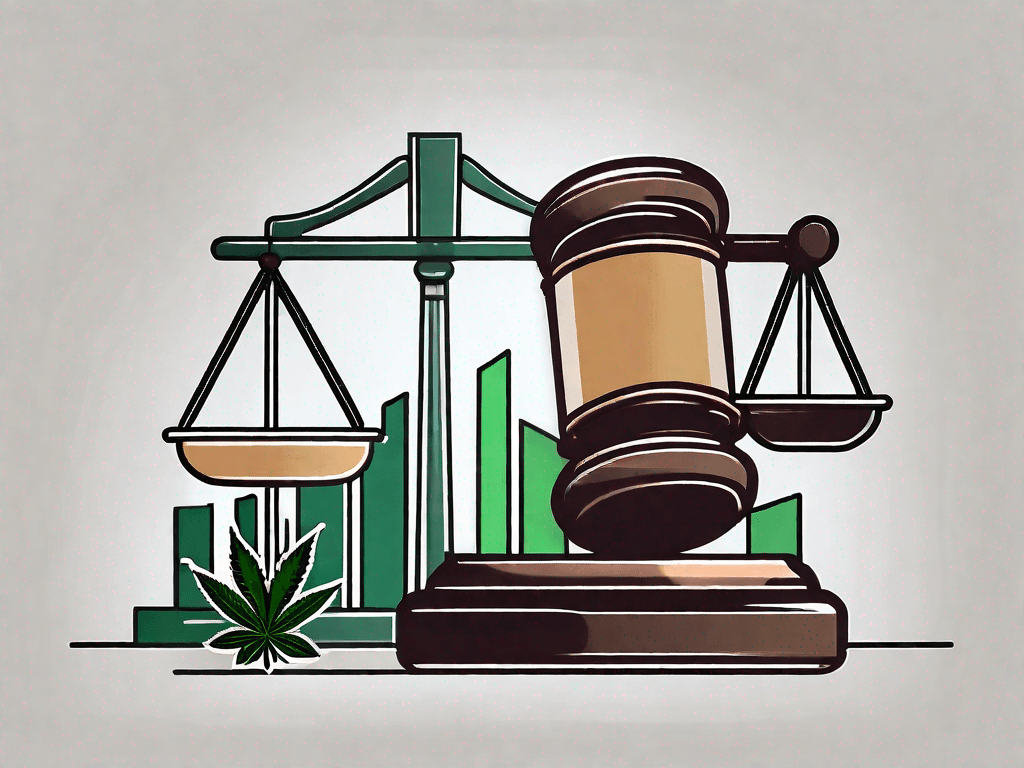
Understanding the Legal Landscape of Cannabis: A Comprehensive Guide
The legal landscape of cannabis is a complex and ever-evolving field. With the increasing acceptance and decriminalization of cannabis in many parts of the world, it's become more important than ever to understand the laws and regulations surrounding this powerful plant. Whether you're a consumer, a business owner, or simply a curious observer, this guide aims to shed light on the intricacies of cannabis law.
The History of Cannabis Legislation
The Early Days
The history of cannabis legislation is a long and winding road. In the early 20th century, cannabis was widely used for medicinal purposes. However, the tide began to turn in the 1930s with the introduction of the Marihuana Tax Act, which effectively criminalized the plant in the United States.
Over the following decades, cannabis was increasingly demonized and associated with criminal activity. This culminated in the 1970 Controlled Substances Act, which classified cannabis as a Schedule I drug, putting it in the same category as heroin and LSD.
The Shift Towards Legalization
Fast forward to the late 20th and early 21st century, and the perception of cannabis began to shift. The first major breakthrough came in 1996 when California passed Proposition 215, making it the first state to legalize medical cannabis.
Since then, numerous states and countries have followed suit, with some even legalizing recreational use. Today, the legal status of cannabis varies widely from place to place, with laws ranging from full prohibition to full legalization.
Understanding the Current Legal Landscape
Medical vs. Recreational Use
One of the key distinctions in cannabis law is between medical and recreational use. In many jurisdictions, medical use is permitted while recreational use is not. This is often due to the recognition of the therapeutic benefits of cannabis, which can be used to treat conditions such as chronic pain, epilepsy, and multiple sclerosis.
However, even in places where medical use is allowed, there are often strict regulations in place. These can include requirements for a doctor's recommendation, registration with a state program, and restrictions on how much cannabis a patient can possess.
Legalization vs. Decriminalization
Another important distinction is between legalization and decriminalization. Legalization refers to the removal of all legal prohibitions against a substance, while decriminalization means that the substance is still technically illegal, but penalties are not enforced or are significantly reduced.
Many places have chosen to decriminalize cannabis as a step towards full legalization. This approach can help to reduce the burden on the criminal justice system and mitigate the societal harms associated with criminalizing cannabis use.
Navigating Cannabis Business Laws
Starting a Cannabis Business
For those interested in entering the cannabis industry, understanding the legal landscape is crucial. Starting a cannabis business involves navigating a complex web of regulations, including licensing requirements, zoning laws, and tax codes.
Additionally, because cannabis is still illegal at the federal level in the U.S., businesses must also contend with the challenges of banking and financing. Despite these hurdles, the cannabis industry continues to grow and thrive, offering significant opportunities for entrepreneurs.
Marketing and Advertising
Marketing and advertising in the cannabis industry is another area fraught with legal challenges. Many jurisdictions have strict rules about how cannabis can be marketed, including restrictions on claims about health benefits, advertising to minors, and even the use of certain words and images.
Despite these challenges, creative businesses have found ways to effectively market their products while staying within the bounds of the law. This often involves a focus on education and community engagement, rather than traditional advertising tactics.
Looking to the Future
The Push for Federal Legalization
Looking to the future, one of the biggest questions in cannabis law is the push for federal legalization in the U.S. While a majority of states have legalized cannabis in some form, it remains illegal at the federal level. This creates a host of challenges, from banking and tax issues to conflicts between state and federal law enforcement.
However, there is growing support for federal legalization, and several bills have been introduced in Congress to end cannabis prohibition. While it's unclear when or if these efforts will succeed, they represent a significant shift in the national conversation about cannabis.
International Trends
Internationally, the trend towards cannabis legalization is also gaining momentum. Countries like Canada and Uruguay have fully legalized cannabis, and many others have decriminalized it or allowed for medical use. These international trends can have a significant impact on the global cannabis market, influencing everything from trade regulations to the development of new products and therapies.
In conclusion, the legal landscape of cannabis is complex and constantly evolving. Whether you're a consumer, a business owner, or simply a curious observer, staying informed about these changes is crucial. As the cannabis industry continues to grow and evolve, understanding the laws and regulations that govern it will become increasingly important.

